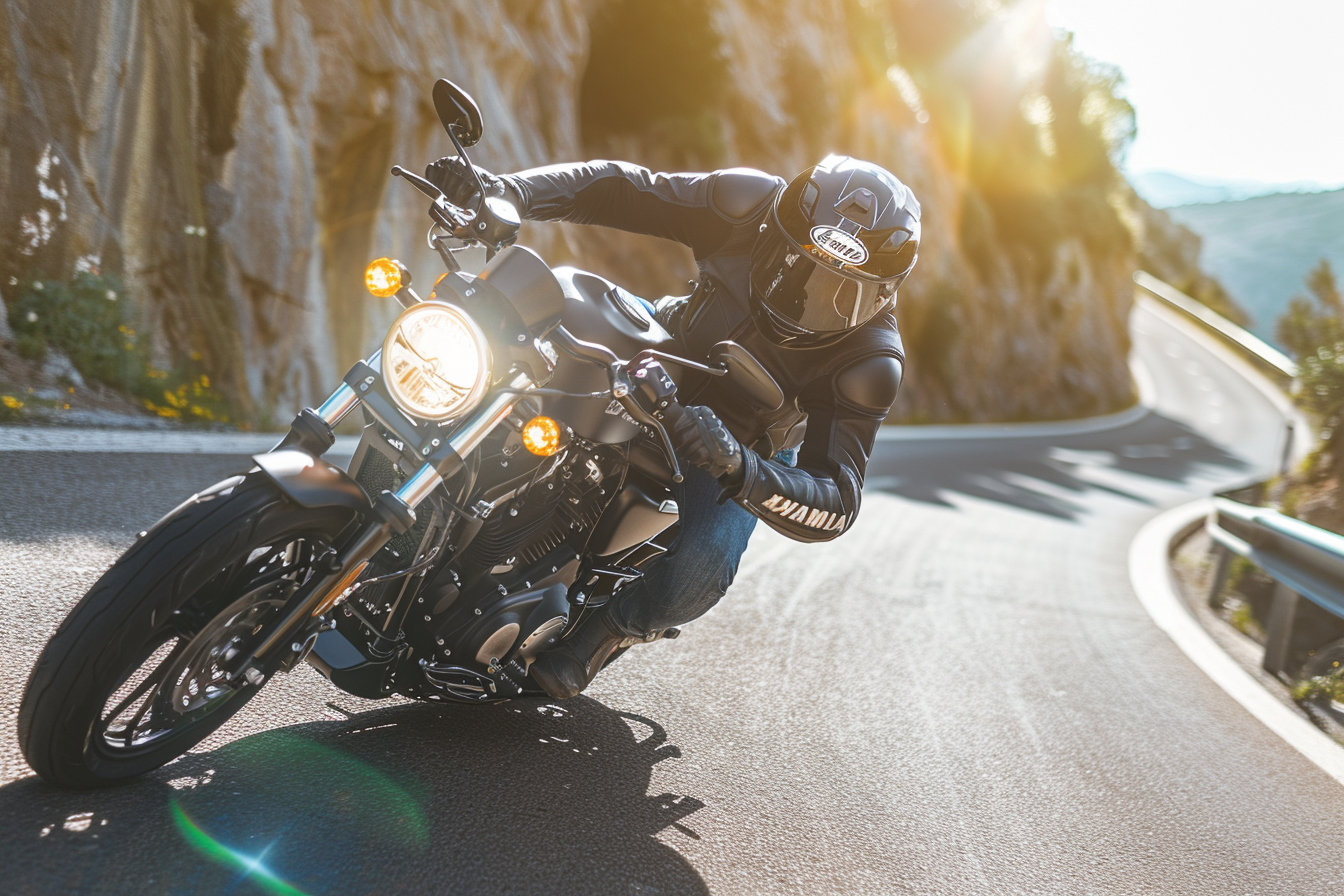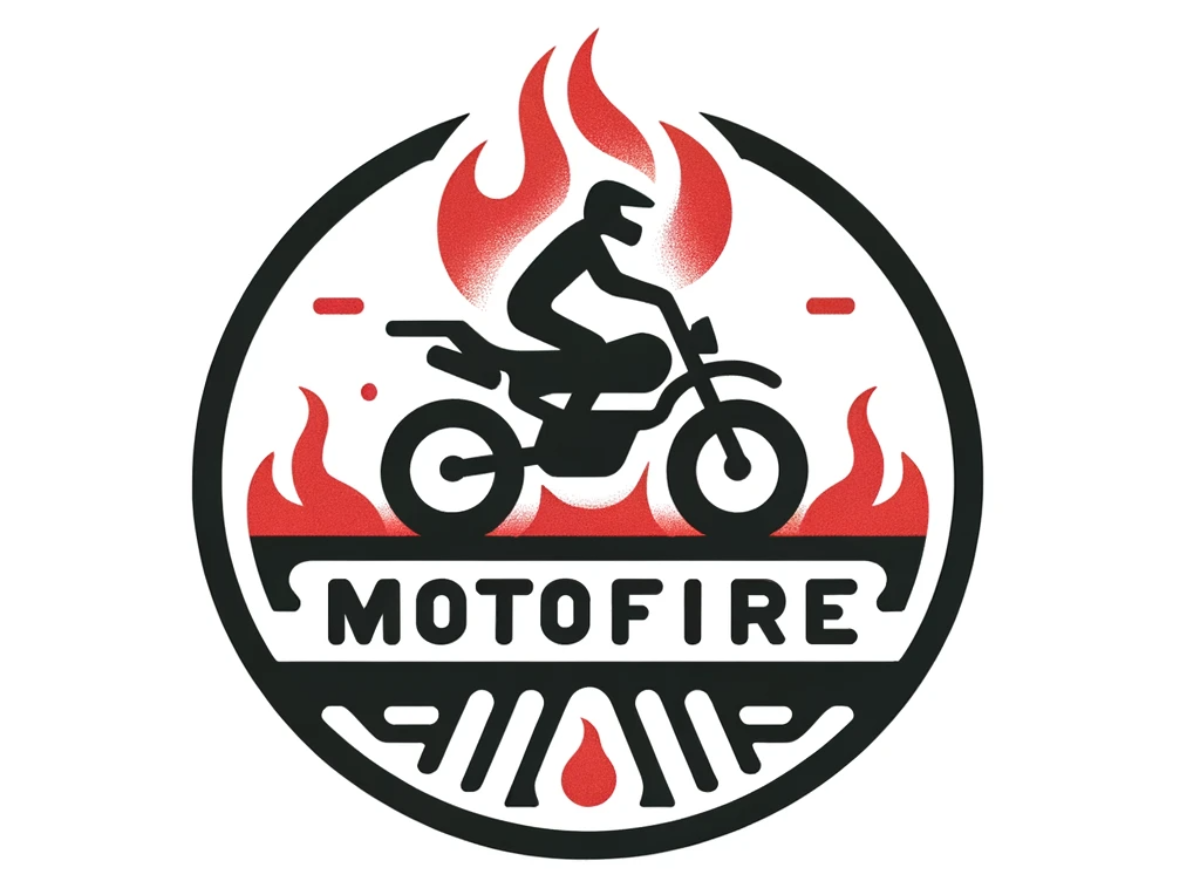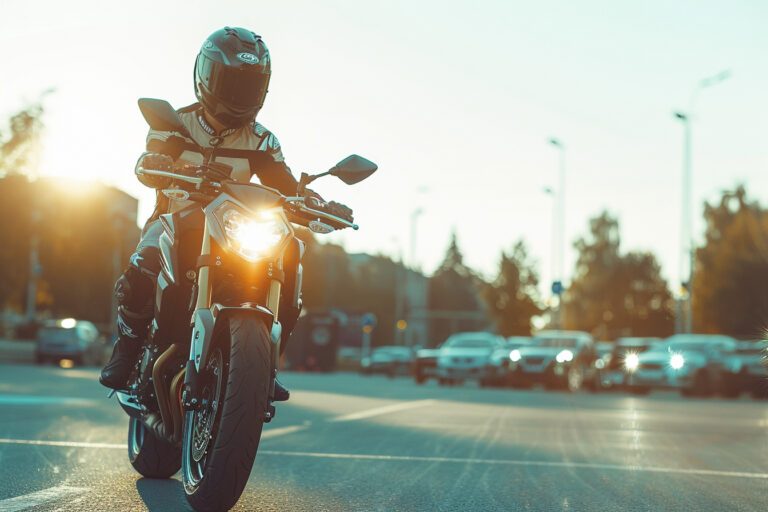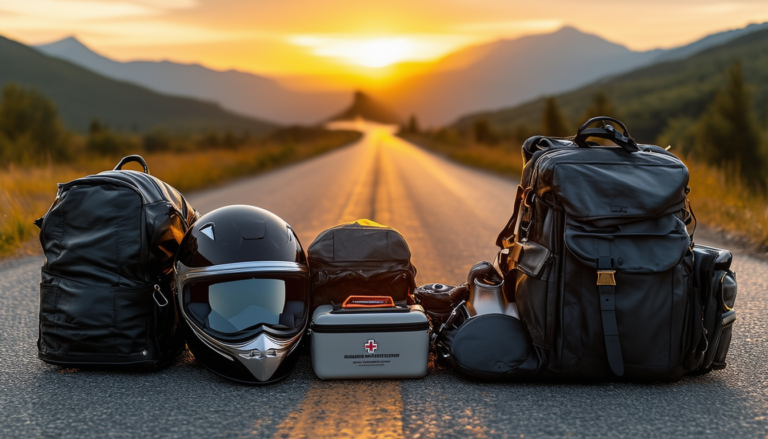What are the essential skills to learn for motorcycle riding?

Understanding the Basics of Motorcycle Operation
Riding a motorcycle requires a blend of balance, coordination, and judgement. By starting with the basic operating skills, a rider gauges how to operate the clutch, throttle, brakes, and gears. Mastery of these controls is essential and serves as the foundation for all other riding skills. Here are the essentials:
- Clutch Control: Managing the friction zone for smooth starts and stops.
- Throttle Control: Understanding how to maintain and adjust speed smoothly.
- Braking Technique: Learning when and how to apply front, rear, or both brakes.
- Gear Shifting: Knowing how to shift gears seamlessly without losing balance or control.
Developing Defensive Riding Strategies
Being vigiliant and prepared for the unexpected is crucial for safety on two wheels. Defensive riding includes being aware of your surroundings and anticipating the actions of other road users. Some core strategies include:
- Scanning the road: Keeping an eye out for hazards, such as potholes, oil spills, and debris.
- Positioning: Strategically placing the motorcycle within the lane to increase visibility and escape routes.
- Following Distance: Maintaining a safe following distance to react to others’ actions.
- Visibility: Wearing reflective gear and using lights to make oneself seen in traffic.
Mastering Advanced Maneuvers
Once the basics are well in hand, riders can begin to refine their technique with advanced maneuvers. These skills can enhance the riding experience and also improve safety on the road. Here are some maneuvers to master:
- Countersteering: The technique used to initiate a turn at higher speeds.
- Emergency Braking: Stopping quickly and safely without losing control or causing an accident.
- Swerving: The ability to quickly change direction to avoid an obstacle.
- Cornering: Adjusting body position and manipulating controls to navigate turns efficiently.
The Importance of Mental Preparedness
Mental readiness plays a significant role in a rider’s ability to handle their motorcycle. It involves:
- Situational Awareness: Being cognizant of the entire riding environment and predicting potential risks.
- Concentration: Maintaining focus on riding and avoiding distractions.
- Risk Management: Making informed decisions to mitigate potential dangers.
- Stress and Fatigue Management: Recognizing one’s limits to avoid riding when impaired.
Continual Learning and Practice
Riding a motorcycle is a skill that benefits from continuous practice and education. Attending advanced riding courses, practicing in different environments, and learning from experienced riders can sharpen skills and build confidence.
Maintaining Physical Fitness and Agility
Physical fitness impacts a rider’s ability to control the motorcycle and react quickly. Incorporating exercises that improve strength, flexibility, and endurance into your routine can enhance your riding capabilities.
- Core Strength: Important for maintaining balance and stability.
- Flexibility: Helps with maneuverability and the ability to maintain a proper riding posture.
- Endurance: Necessary for longer rides to prevent fatigue that can lead to mistakes.
- Hand-Eye Coordination: Essential for operating the controls smoothly and effectively.
Riding Gear: An Extension of Your Skills
Wearing the right gear can mean the difference between walking away from a spill or sustaining serious injury. It also adds to your skill set by allowing better movement, comfort, and protection. Key elements include:
- Helmet: The most important piece of safety equipment that protects the head and brain.
- Jacket and Pants: Reinforced gear protects skin and bones against abrasions and impacts.
- Gloves: Protect hands from injury and improve grip on the controls.
- Boots: Protect feet and ankles while providing a firm platform for balance and support.
Pre-Ride Checks and Maintenance Skills
Understanding basic motorcycle maintenance ensures that the bike is in good condition before heading out. Learning how to perform pre-ride checks and simple maintenance tasks like oil and filter changes, chain adjustments, and tire inspections is important for safe and reliable riding.
Motorcycling is both a thrilling and demanding endeavor, demanding a combination of physical skill, mental focus, and technical knowledge. By continually developing and refining these skills, a rider not only ensures a safer ride but also enhances their overall enjoyment of the sport.






